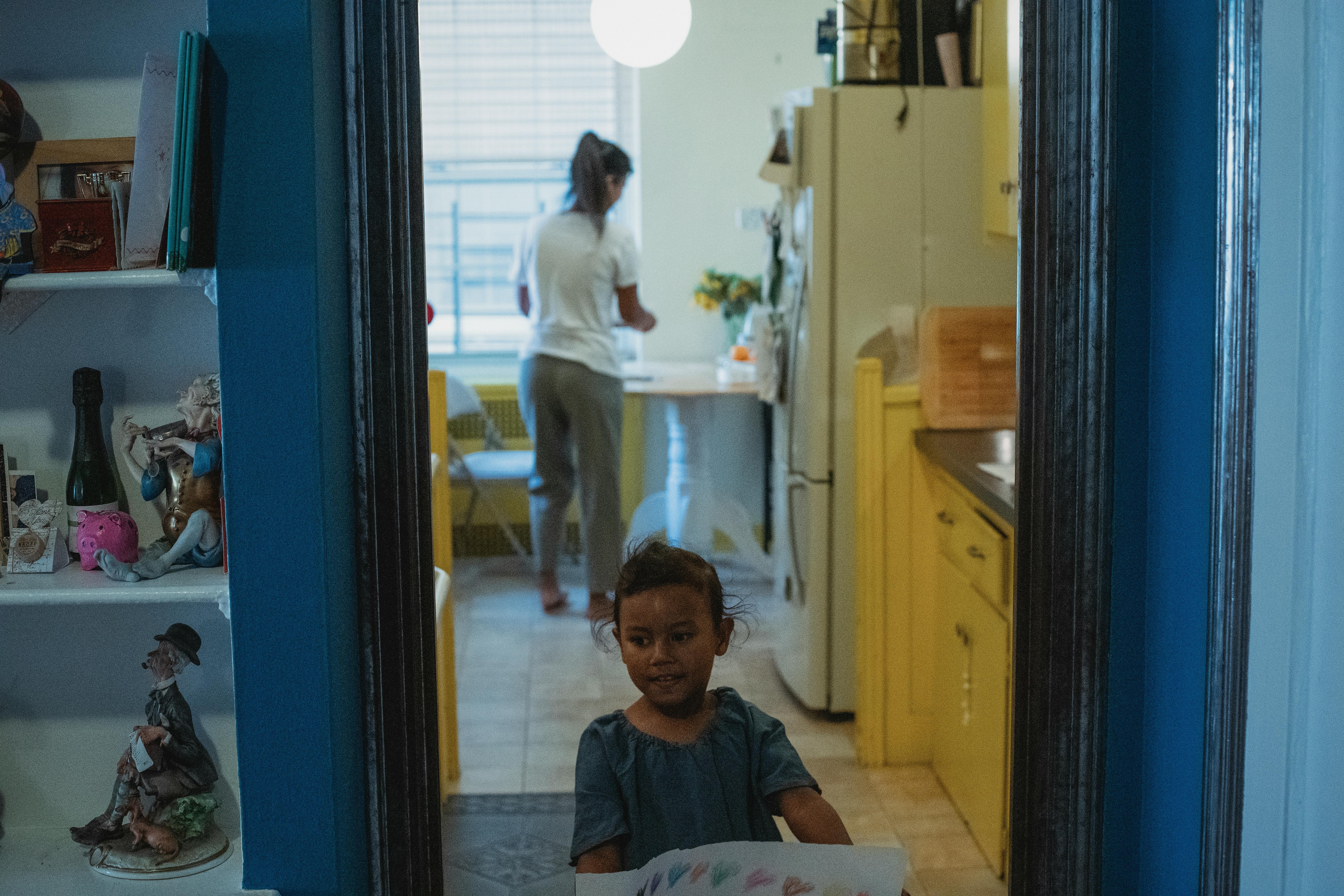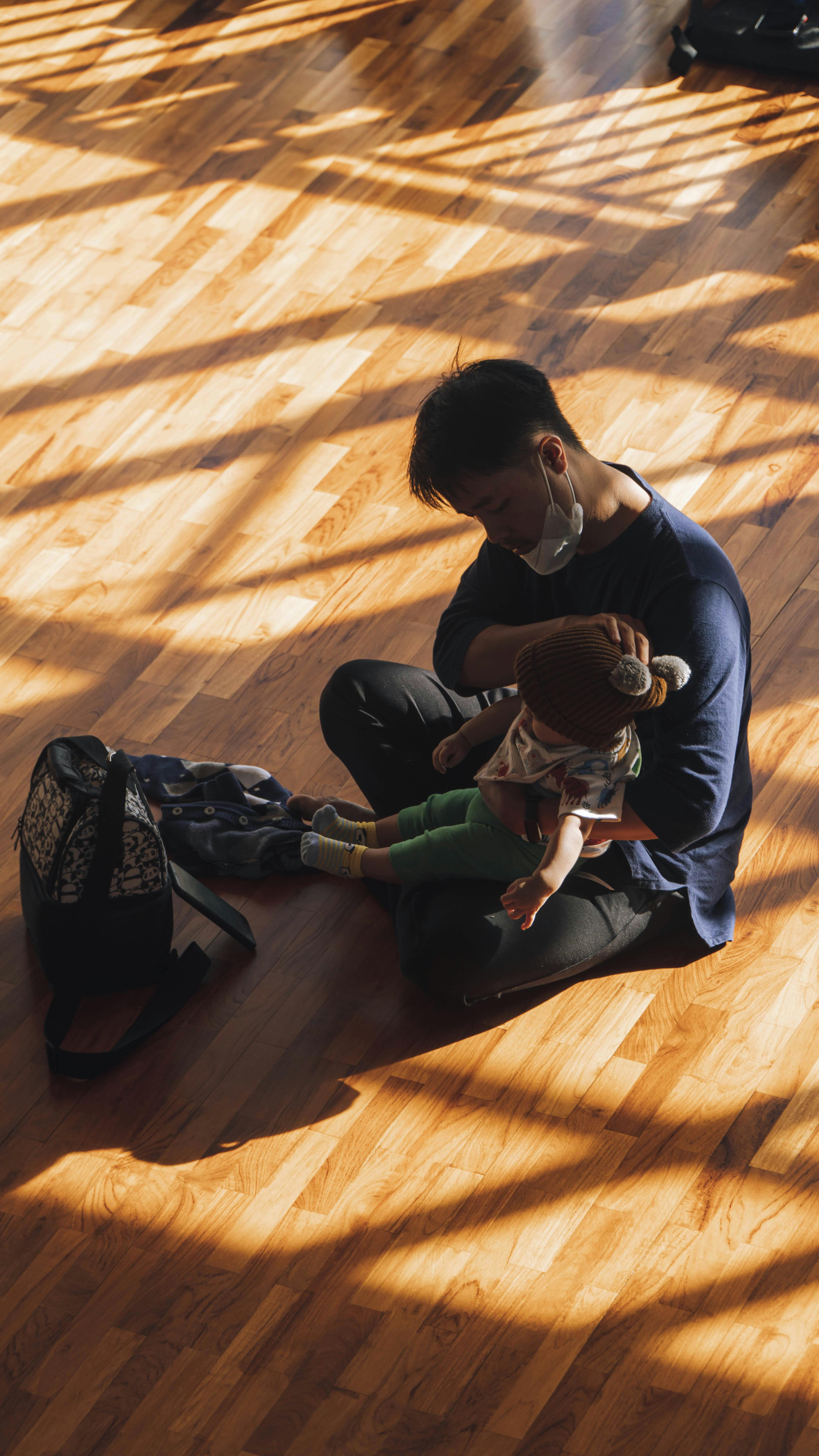Table of Contents
Childproofing the environment
One of the most important safety tips for babysitters is to childproof the environment in which they will be caring for children. This includes securing dangerous items such as cleaning products, medications, and sharp objects out of reach of children. Additionally, it is important to secure furniture and appliances that could pose a risk of tipping over onto a child. Babysitters should also be aware of any potential choking hazards and eliminate them from the environment.
On-Demand Childcare in Your Neighborhood
Book a Sitter
Emergency preparedness
Babysitters should always be prepared for emergencies by familiarizing themselves with the layout of the home, knowing where emergency exits are located, and having access to important contact information such as the parents’ phone numbers and the phone number for emergency services. It is also a good idea for babysitters to be trained in basic first aid and CPR in case of accidents or medical emergencies.
Proper supervision
Proper supervision is essential for ensuring the safety of children while babysitting. Babysitters should never leave children unattended, especially around water, such as a pool or bathtub. It is important to maintain constant supervision, even when children are engaged in activities that may seem harmless. Babysitters should also be aware of the risks associated with certain activities, such as climbing on furniture or playing with toys that have small parts.

Safe sleeping practices
Babysitters should always prioritize safe sleeping practices for infants and young children. This includes placing babies on their backs to sleep, using a firm mattress with a fitted sheet, and avoiding soft bedding, pillows, and toys in the crib. It is also important to keep the crib free of any loose cords or wires that could pose a strangulation risk.
Babysitters should follow the parents’ instructions regarding their child’s sleep routine and be aware of any special considerations, such as allergies or medical conditions.
Communication with parents
Communication with parents is key to ensuring the safety and well-being of the children in a babysitter’s care. Babysitters should make sure to discuss important information with the parents before they leave, such as emergency contact information, bedtime routines, and any special instructions regarding the children’s care. Babysitters should also provide regular updates to the parents throughout the duration of their time babysitting, including any concerns or issues that arise. This open line of communication can help to ensure that everyone is on the same page and that the children are being well cared for.
In conclusion, babysitting is a fun and rewarding job, but it is important for babysitters to prioritize safety above all else. By following these top 10 safety tips, babysitters can provide a safe and secure environment for the children in their care, giving parents peace of mind knowing that their little ones are in good hands. By childproofing the environment, being prepared for emergencies, properly supervising children, practicing safe sleeping habits, and maintaining open communication with parents, babysitters can ensure that every babysitting experience is a positive and safe one for all involved.










